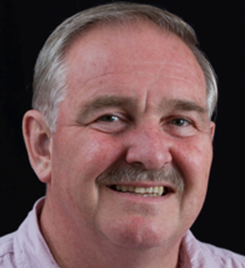What are hallucinations?
- Published6 Mar 2013
- Reviewed6 Mar 2013
- Author David Nutt
- Source BrainFacts/SfN
We all see and hear things that aren’t real when we dream. But for some people, false sensory experiences (hallucinations) also arise when they are awake.
Hallucinations can occur in any sensory system. Some people with psychiatric disorders hear voices. Others, who take drugs, such as hallucinogenic mushrooms, see things. Some chronic cocaine users even report the experience of ants crawling under their skin which feels so real they scratch and damage their skin trying to get at them.
Hallucinations can also be produced naturally by depriving yourself of sensory input. For example, people who float for more than a few minutes in a warm tank of water in the dark report being able to see lights and colors. The longer they deprive themselves of input, the more well-formed images appear, like those seen in dreams.
Scientists now use imaging technology to explore the nature of hallucinations in people with schizophrenia and those under the influence of drugs.
Under normal conditions, the brain is able to distinguish clearly between our thoughts (inner speech) and the words we speak. Evidence from imaging studies has led some scientists to believe that a breakdown in the brain’s ability to recognize inner speech as being self-generated is what leads patients with schizophrenia to hear their own thoughts as external voices.
References
Carhart-Harris RL, Erritzoe D, Williams TM, Stone JM, Reed LJ, et al. Neural correlates of the psychedelic state as determined by fMRI studies with psilocybin. Proceedings of the National Academies of Sciences of the United States of America. 10.1073/pnas.1119598109 (2012).
Stephan KE, Friston KJ, Frith CD. Dysconnection in schizophrenia: from abnormal synaptic plasticity to failures of self-monitoring. Schizophrenia Bulletin. 35:509–27 (2009).
BrainFacts.org welcomes all your brain-related questions.
Every month, we choose one reader question and get an answer from a top neuroscientist. Always been curious about something?







